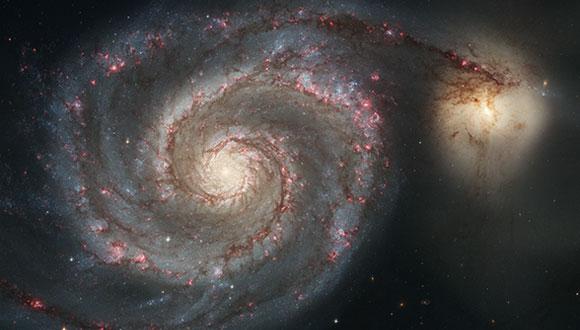Astronomy & Astrophysics Seminar: A Dormant Black Hole in a Census of Compact-Object Candidates in Gaia DR3
Sahar Shahaf, Weizmann Institute of Science
Zoom: https://tau-ac-il.zoom.us/j/85031132958?pwd=UXZNS05ST01KVXhGTTdLRU9WekZEdz09
Abstract:
Most known stellar black holes are members of close binaries, where accretion-fueled X-ray emission was able to trigger their detection. However, if the separation between the two components is sufficiently large, the accretion rate drops, leaving the black hole in quiescence. Presumably, most black holes in binaries reside in this dormant state, waiting to be discovered. A promising detection channel for these systems is the astrometric wobble induced on the luminous star by its dark companion. In preparation for the release of astrometric orbits of Gaia DR3, Shahaf, Mazeh, Faigler, and Holl (2019) proposed a triage technique to identify hierarchical triples and astrometric binaries with compact companions. Having the astrometric orbits of Gaia at hand, we applied this technique to identify a large sample of hierarchical triples, hundreds of stars with a white dwarf companion, and dozens of systems with neutron star or black-hole candidates as their faint massive secondaries. A spectroscopic follow-up campaign confirmed the nature of one black-hole candidate, Gaia BH1, which is currently the only validated system of its kind in Gaia DR3. In this talk, I will describe the triage classification scheme and the population of compact objects found in Gaia DR3. I will then review the properties of Gaia BH1 and discuss the implications of its discovery with some prospects for future study.
Seminar Organizer: Dr. Iair Arcavi


